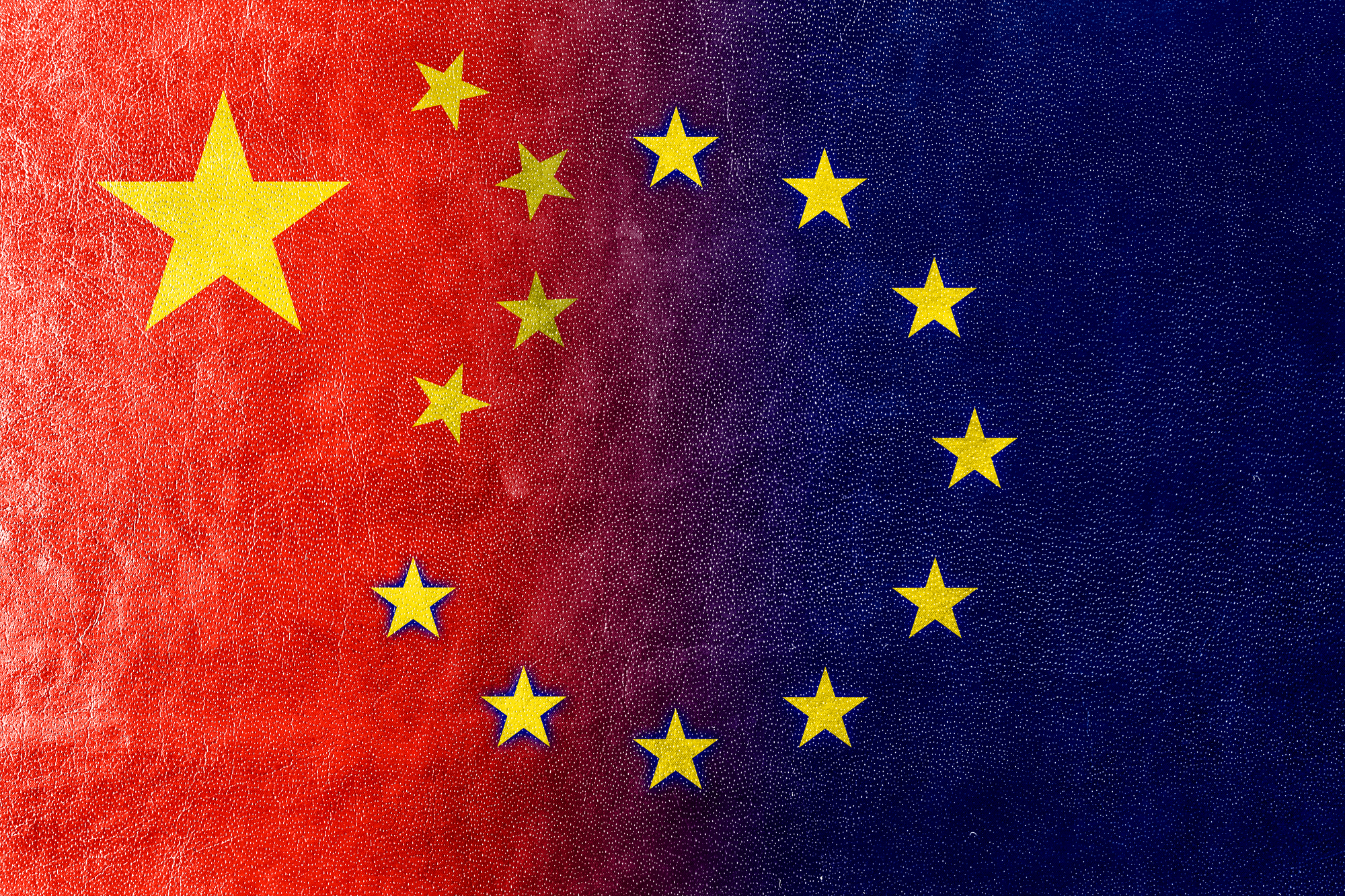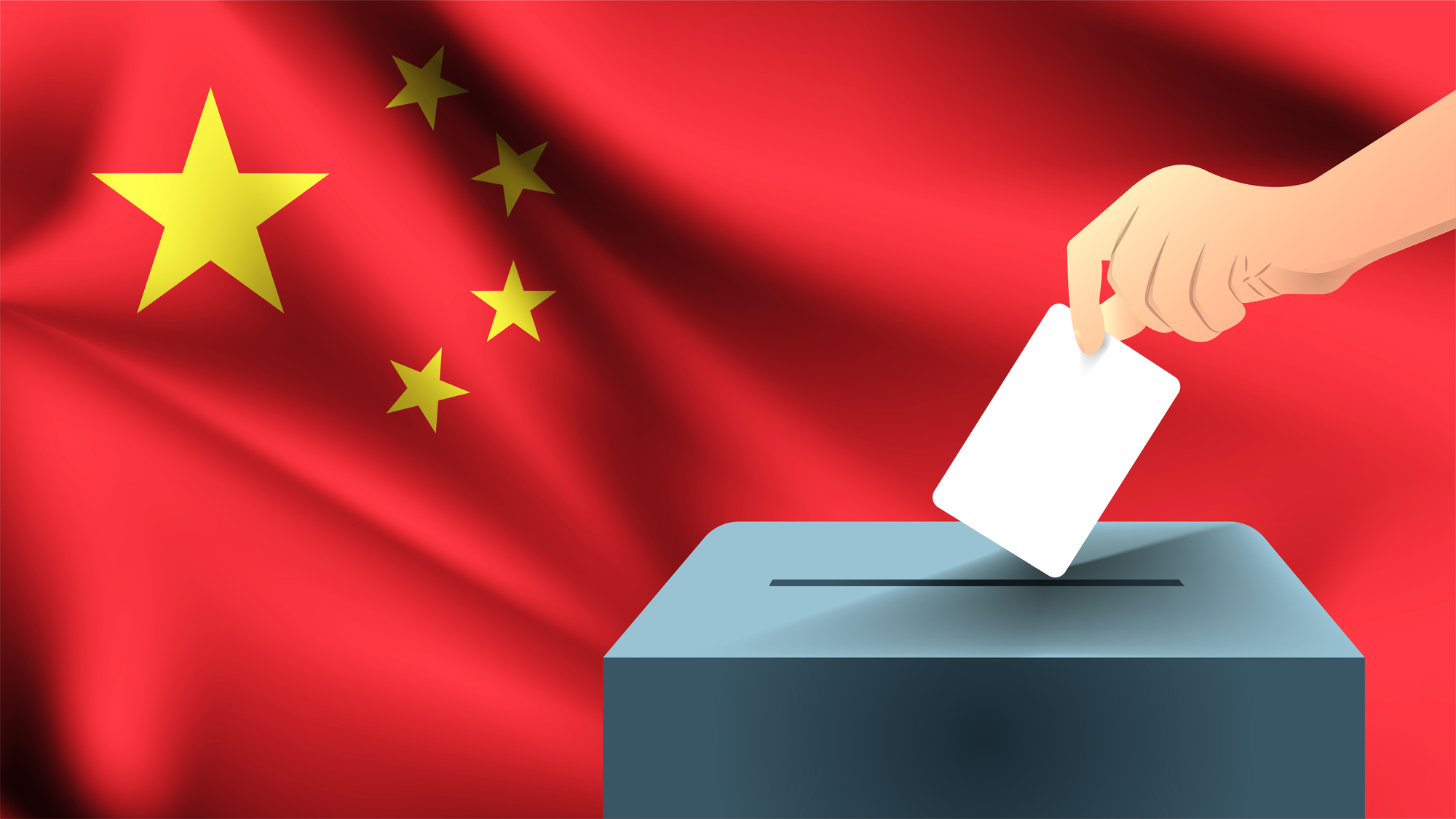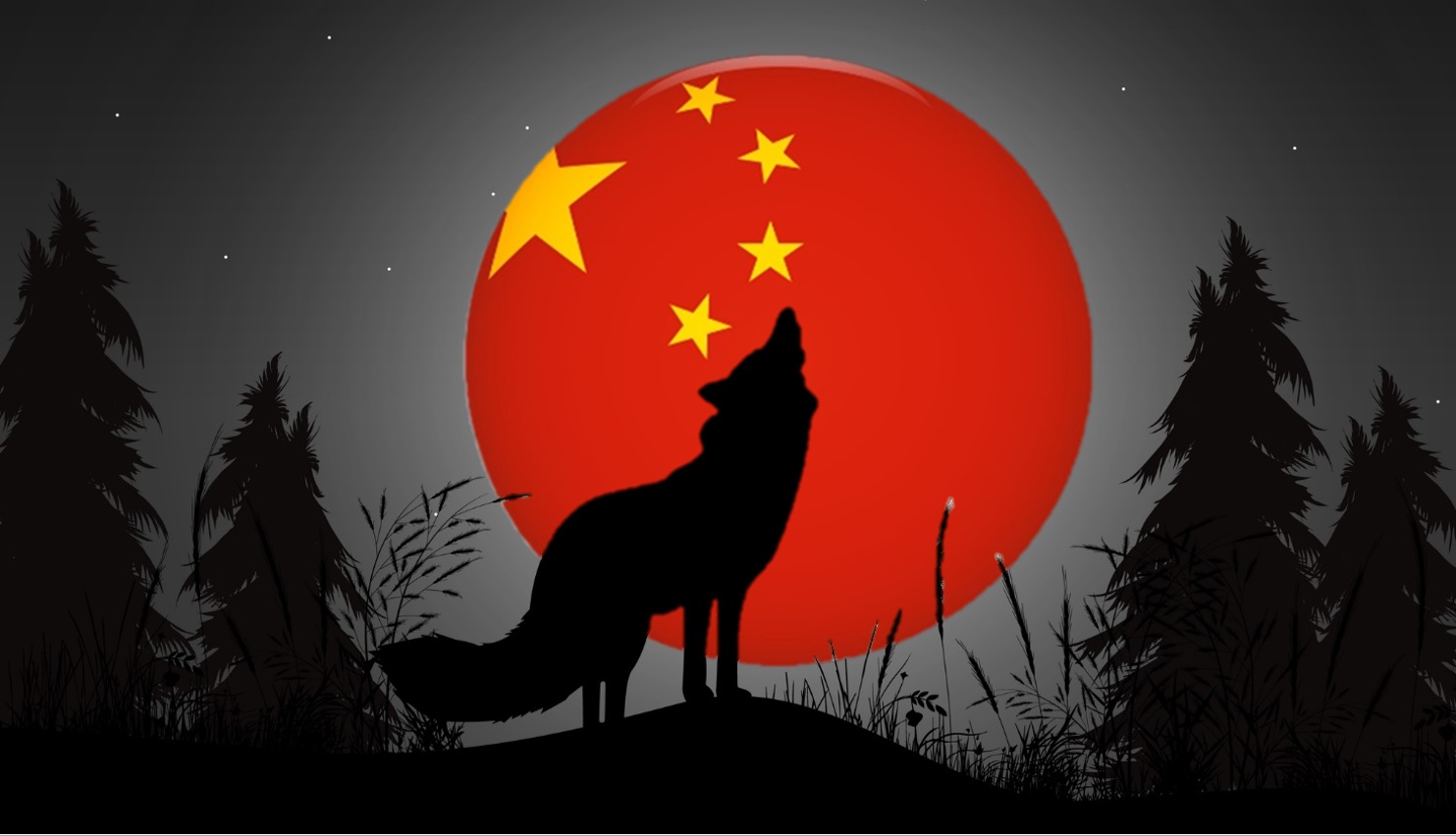Despite spending billions of dollars on public diplomacy globally, the world today does not like China more, but less. Beijing threatening and sanctioning European scholars does not help either to confirm Beijing’s self-proclaimed image as “soft power” with global appeal. Picture source: Depositphotos.
Prospects & Perspectives No. 45
Beijing’s Meddling in European Media and Public Opinion, Nice Try
By Axel Berkofsky
Despite spending billions of dollars on public diplomacy globally (up to US$10 billion annually according to estimates by David Shambaugh of George Washington University), the world today does not like China more, but less. In fact, the more Beijing has invested in spreading propaganda and disinformation, the less popular it has become over the years.
Recent opinion polls in Western European countries speak a very clear language. Pew Research Center opinion polls show that negative perceptions of China in Germany, France, the Netherlands, Spain and other countries are through the roof compared with a few years ago — between 70 and 80 percent. And that is not taking into account that large parts of the population’s knowledge on Chinese domestic and foreign policies is very limited at best. Put differently: if ordinary people in Europe knew more about what the regime in Beijing does at home and abroad, a heart attack or income tax return statements would be more popular than Beijing.
Beijing should seek to diversify the contents and quality of its efforts. A first step could be to keep Chinese “wolf warrior” diplomats on a (much) shorter leash, such as ordering Beijing’s ambassadors and consuls to stop beating up Hong Kong residents in front of the Chinese consulate in Manchester, not openly threaten scholars with physical violence in Sweden and France and not interfere in the German government’s decision on whether to sell critical port infrastructure to the state-controlled shipping company Cosco. All that, of course, is not going to happen as long as “wolf warrior”-style aggressiveness, lies and disinformation help Chinese Ministry of Foreign Affairs officials get promoted. Ask Ministry of Foreign Affairs spokesperson Hua Chungying and her former colleague, Zhao Lijian, whose career advancements went in tandem with the spread of lies, conspiracy theories and anti-Western propaganda via Twitter. To be sure, both Hua and Zhao’s posts have by now become a source of amusement among many European scholars and policymakers. At least among those who do not fall for false Chinese claims that the Covid-19 pandemic originated in Texas, that the CIA financed pro-democracy activists in Hong Kong and that 99.9 percent of Taiwanese people cannot wait to get “reunified” with the Chinese “motherland.”
Resist the Beginnings (in Europe)
The Central European Digital Media Observatory (CEDMO), an international multidisciplinary project financed by the European Commission, warns that Beijing could seek to influence European Parliament elections in 2024. But not so fast. The CEDMO, too, admits that there is yet no evidence that Beijing is planning to buy itself some China-friendly EU parliamentarians or meddle with the elections in any other way. What is more, several EU parliamentarians, including members of the EP’s Foreign Affairs Committee, have been sanctioned by Beijing and banned from traveling to China. Consequently, going after EP parliamentarians (hopefully) means that European politicians will think twice before accepting bribes and favors from the CCP in return for spreading propaganda and disinformation. Put differently: getting into bed with the CCP in Brussels and EU member states’ capitals is risky these days when all eyes are on the quality of Beijing’s oppressive domestic policies and the use of economic and financial coercion policies in Asia and beyond.
The CEDMO nonetheless warns that Beijing and its internet trolls could target groups and individuals on the extreme right and/or extreme left of the political spectrums in Europe. The way Putin’s Russia has done with some success in Italy, Germany, Hungary and elsewhere. In return for what is suspected is covert direct and indirect funding, in Germany — e.g., both the neo-fascist Alternative for Germany (Alternative für Deutschland, AFD) and the Left (Die Linke) oppose EU sanctions against Russia and repeat false Russian claims and in parrot-fashion that NATO and the West at large are to blame for Russia’s invasion Ukraine. However, what the CCP would have to offer to West European neo-fascists and Russia apologists in return for spreading disinformation is (fortunately) not in any way obvious. Then again, we should still and always ‘resist the beginnings’ like German writer and poet Bertolt Brecht put it when the Nazis were about to take over power in Germany in the 1930s.
Looking for and Finding Accomplices
Ivana Karásková, a Czech scholar and special advisor to European Commission Vice President Věra Jourová, does just that. In an article in Politico this May, Jourová cites the case of two commercial radio stations in the Czech Republic that collaborated with China Radio International. Such “cooperation” only stopped in April when Karásková, in a research report, exposed the stations for regularly having received and broadcast unfiltered content and pre-written scripts from China Radio International. Until that happened, Karásková says, more than 1,000 episodes of China-friendly programs were aired while the radio stations did not feel obligated to disclose their ties to Radio China International. And there was more. In the recent past, the Chinese company China Energy Fund Committee (CEFC) bought itself into the Czech media house Empresa Media. Subsequently, some of CEFC’s media outlets began reporting only positively on China. When that got noted a few months later, CEFC quickly sold its stake in Empresa Media.
The Silver Lining: Impressive Incompetence
Disinformation Chinese-style and attempts to corrupt politicians abroad remain amateurish and clumsy enough for them not to work — increasingly not all. The above-mentioned ill-fated Chinese “wolf warrior” diplomacy has caused an enormous negative backlash against China. In fact, some Chinese ambassadors in Europe are already spending more time explaining and answering for their rhetorical faux pas and aggressiveness in London, Paris and Stockholm than representing Chinese interests in the countries in question. What is more, television viewers with half a brain still tend to understand that the Chinese ambassador to the UK is lying through his teeth when he claims on the BBC that the very well-documented blatant violations of human rights in “re-education camps” in Xinjiang are fabricated.
Ridiculous claims recently voiced by the Chinese ambassador to France that Eastern European countries that formerly belonged to the Soviet Union still belong de facto to Russia because they allegedly never declared formal independence, have been perceived as just that: ridiculous. Beijing threatening and sanctioning European scholars does not help either to confirm Beijing’s self-proclaimed image as “soft power” with global appeal. To be sure, the words “China” and “soft power” never sat comfortably in the same sentence to begin with, not least as Beijing typically defines and applies “soft power” as economic aid and investment in return for playing nice. Ask Greece and Hungary and the Czech Republic where political leaders and governments have — e.g., in the past not endorsed EU human rights resolutions on China and decided not to criticize the Chinese-ordered crackdown on democracy and human rights act Hong Kong in 2019 and 2020. One is tempted to suspect that significant Chinese investments in the three above-mentioned countries had at the time something to do with their decision to throw values and credibility overboard.
All said and done, as long as Beijing’s disinformation efforts in Europe demonstrate its inability to manipulate the European public and buy yes men among European scholars and politicians, Beijing’s splurging and loss of credibility should be welcome.
(Dr. Axel Berkofsky is Professor, Department of Political and Social Sciences University of Pavia, Italy.)





